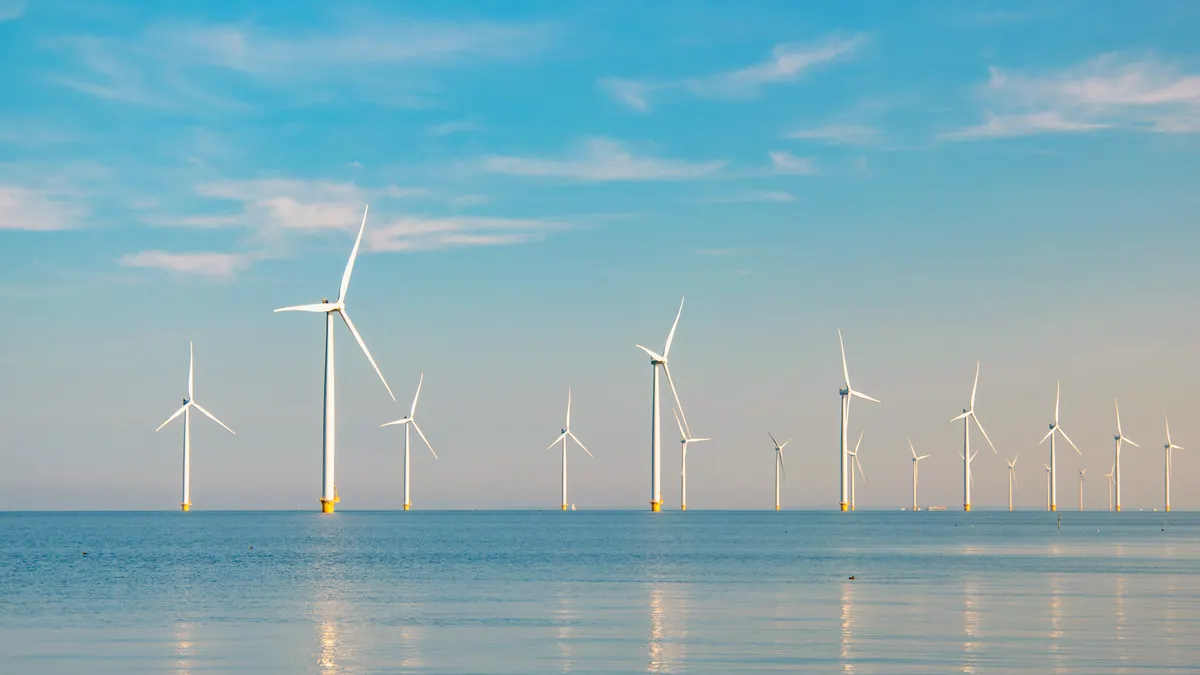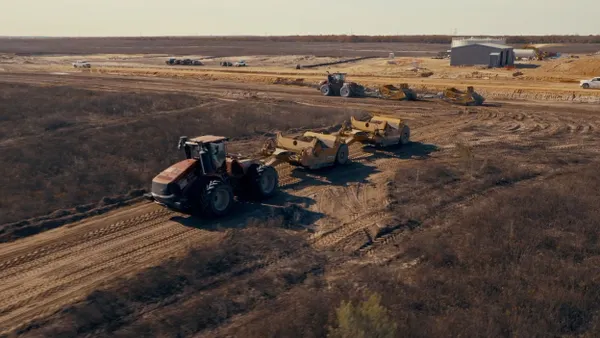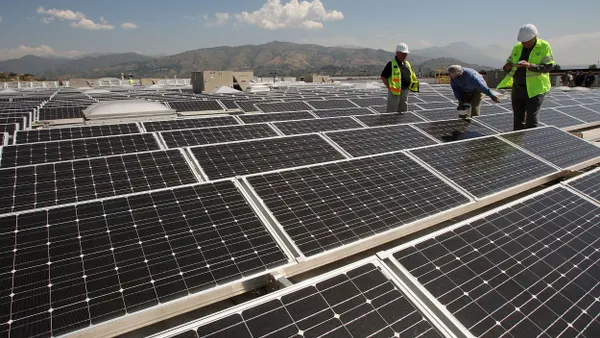Attorneys general from 17 Democratic-led states and the District of Columbia filed a lawsuit Monday against the Trump administration, asking a district court to block the president’s ban on wind energy approvals and declare it unlawful.
The plaintiffs – which include the states of New York, California, Massachusetts, New Jersey, Illinois and Delaware – filed the suit with the U.S. District Court for the District of Massachusetts. Some of the defendants named include President Trump, the Department of the Interior, Interior Secretary Doug Burgum, the Department of Commerce and the National Oceanic and Atmospheric Administration.
The attorneys general allege that their states are being harmed by Trump’s executive order halting federal approvals for onshore and offshore wind energy projects, as it is blocking state efforts to meet increasing electricity demand and lower air pollutant emissions.
“The directive also threatens to thwart the states’ significant investments in wind industry infrastructure, supply chains, and workforce development — investments that already total billions of dollars,” the Massachusetts Office of the Attorney General said in a Monday release.
The attorneys general contend the Trump administration’s actions violate the Administrative Procedure Act, Clean Air Act, the Endangered Species Act, and the Outer Continental Shelf Lands Act, among other laws they say demand “comprehensive, and prompt, permitting and approval proceedings.”
Trump’s Jan. 20 executive order cited “various alleged legal deficiencies underlying” the federal government’s leasing and permitting of wind projects, and concerns that the projects could lead to “negative impacts on navigational safety interests, transportation interests, national security interests, commercial interests, and marine mammals.”
The order stated that Burgum would lead a comprehensive assessment of federal wind leasing and permitting practices, which was initially expected to last for around six months.
“The Wind Directive has stopped most wind-energy development in its tracks, despite the fact that wind energy is a homegrown source of reliable, affordable energy that supports hundreds of thousands of jobs, creates billions of dollars in economic activity and tax payments, and supplies more than 10% of the country’s electricity,” the lawsuit says.
The wind energy industry, “like many other capital-intensive industries in and beyond the energy sector, operates in a tremendously complex logistical and regulatory environment, where even minor setbacks can dramatically increase costs and delay or even altogether derail wind-energy projects,” the attorneys general say.
As a result, they claim the halt on approvals “[creates] an existential threat to the wind industry.”














